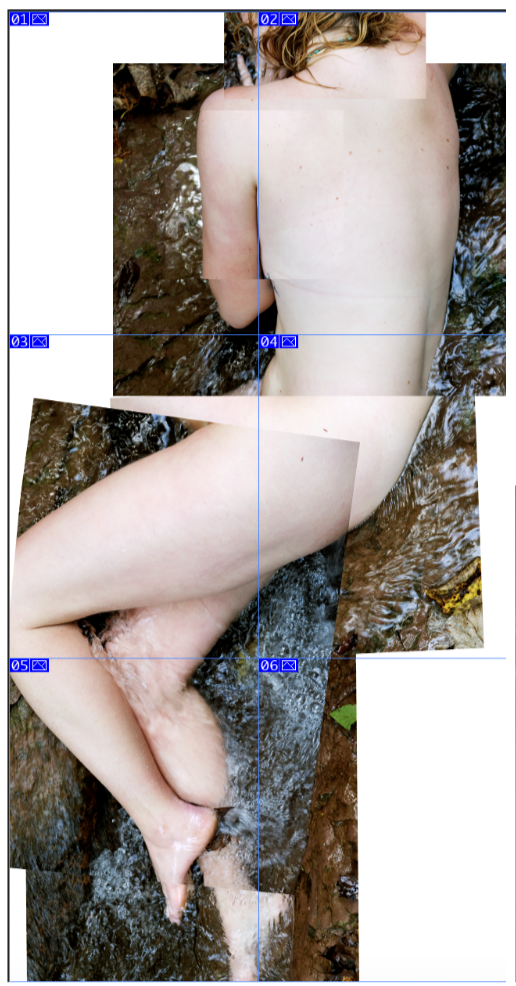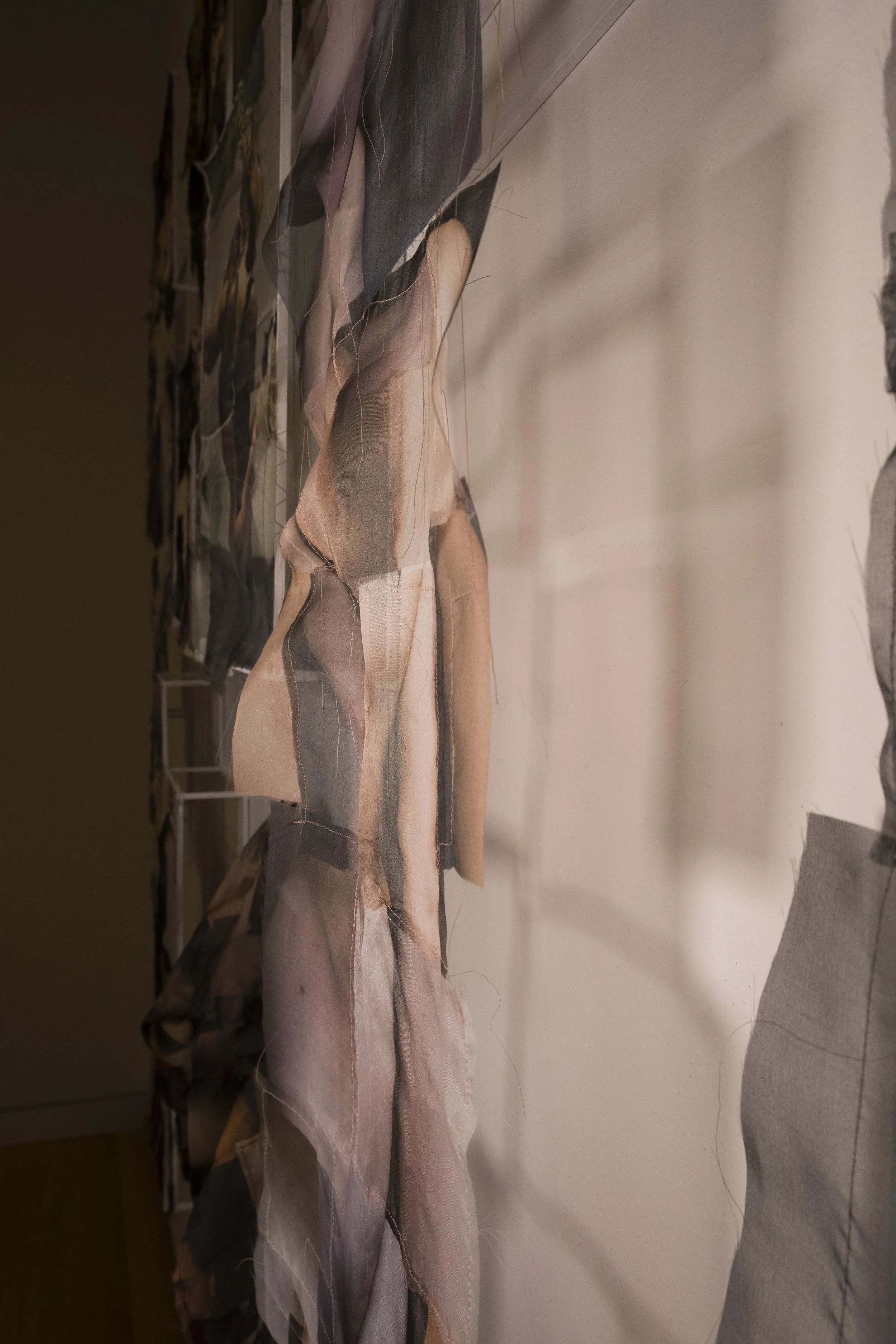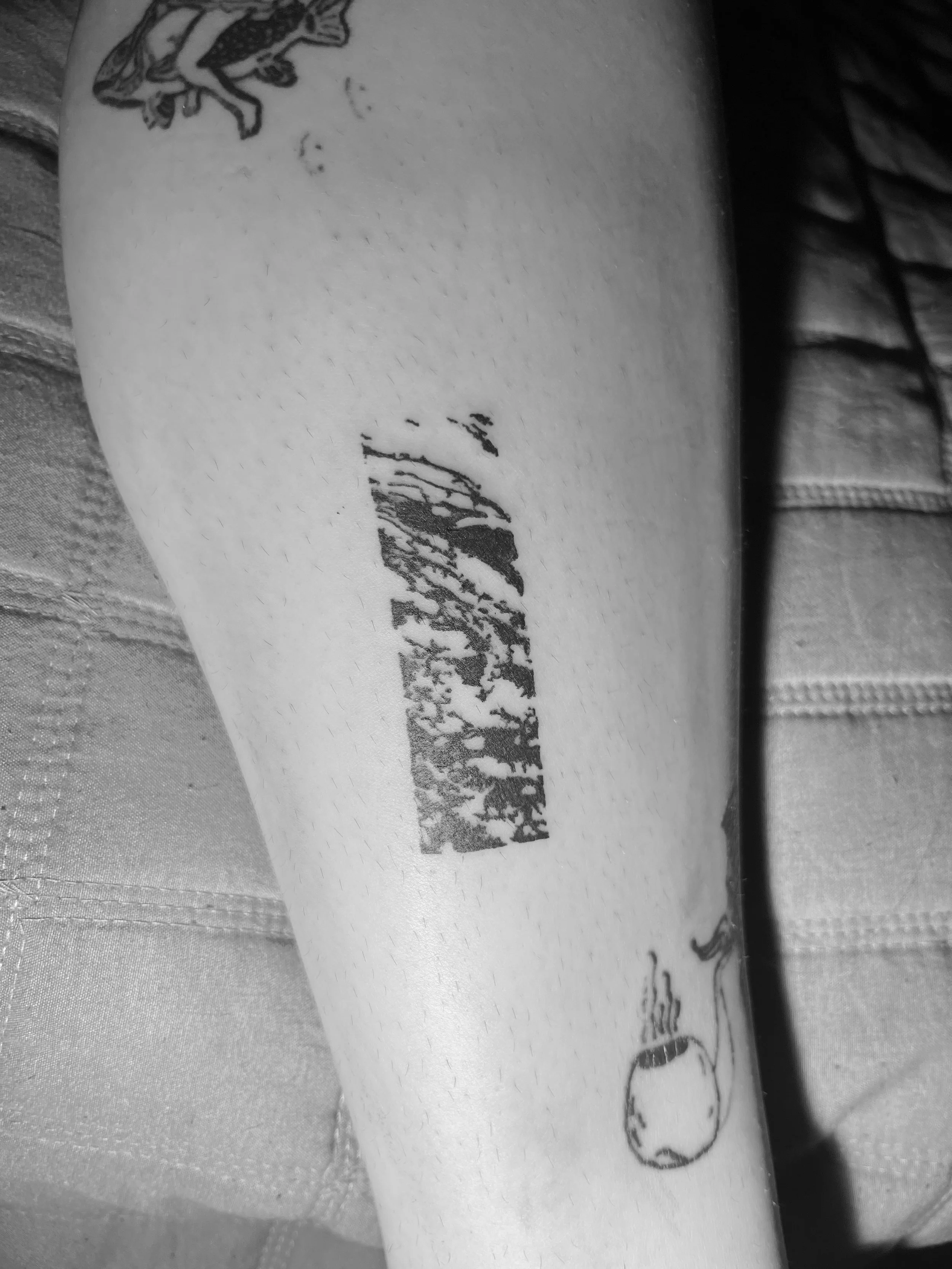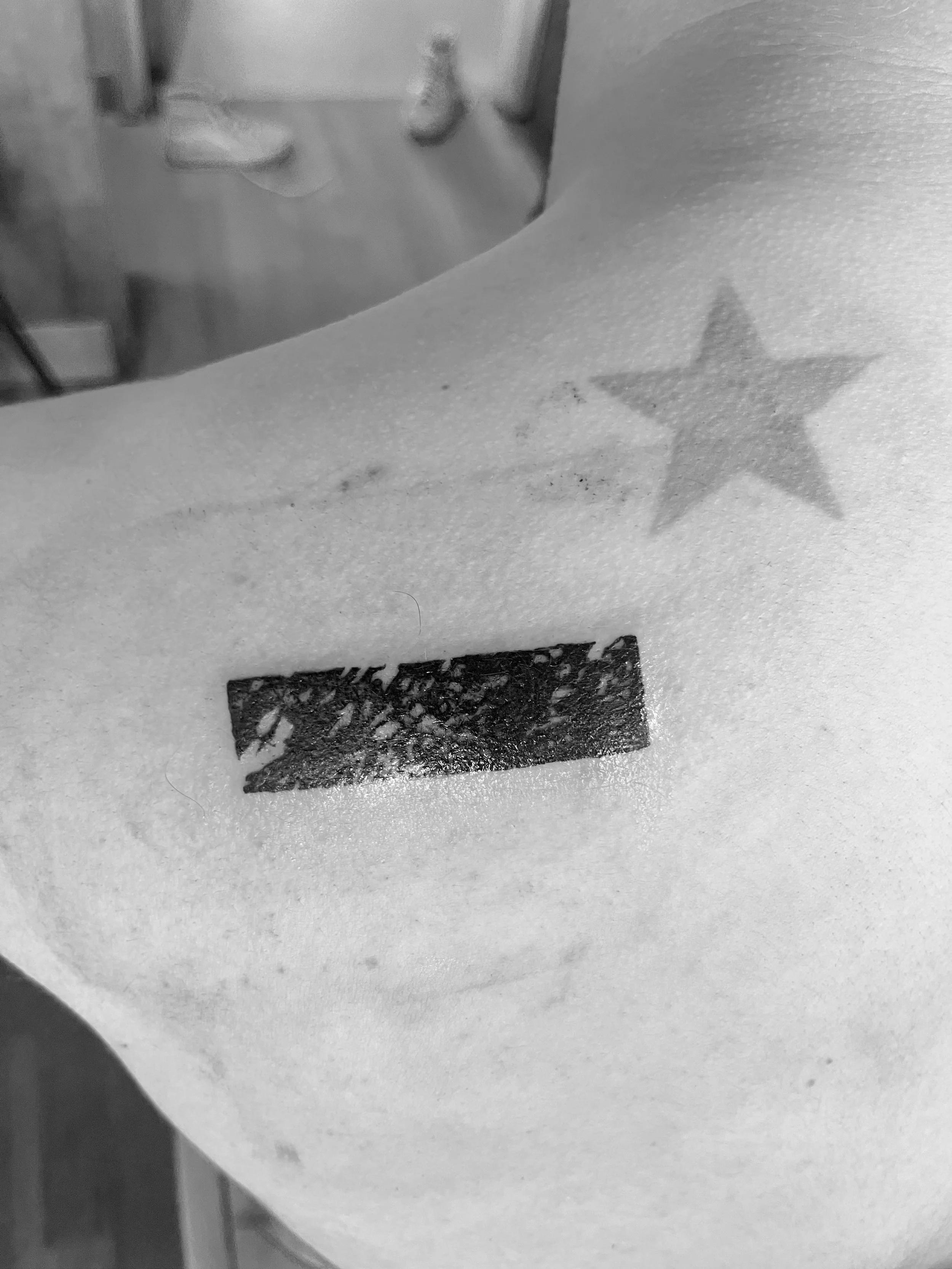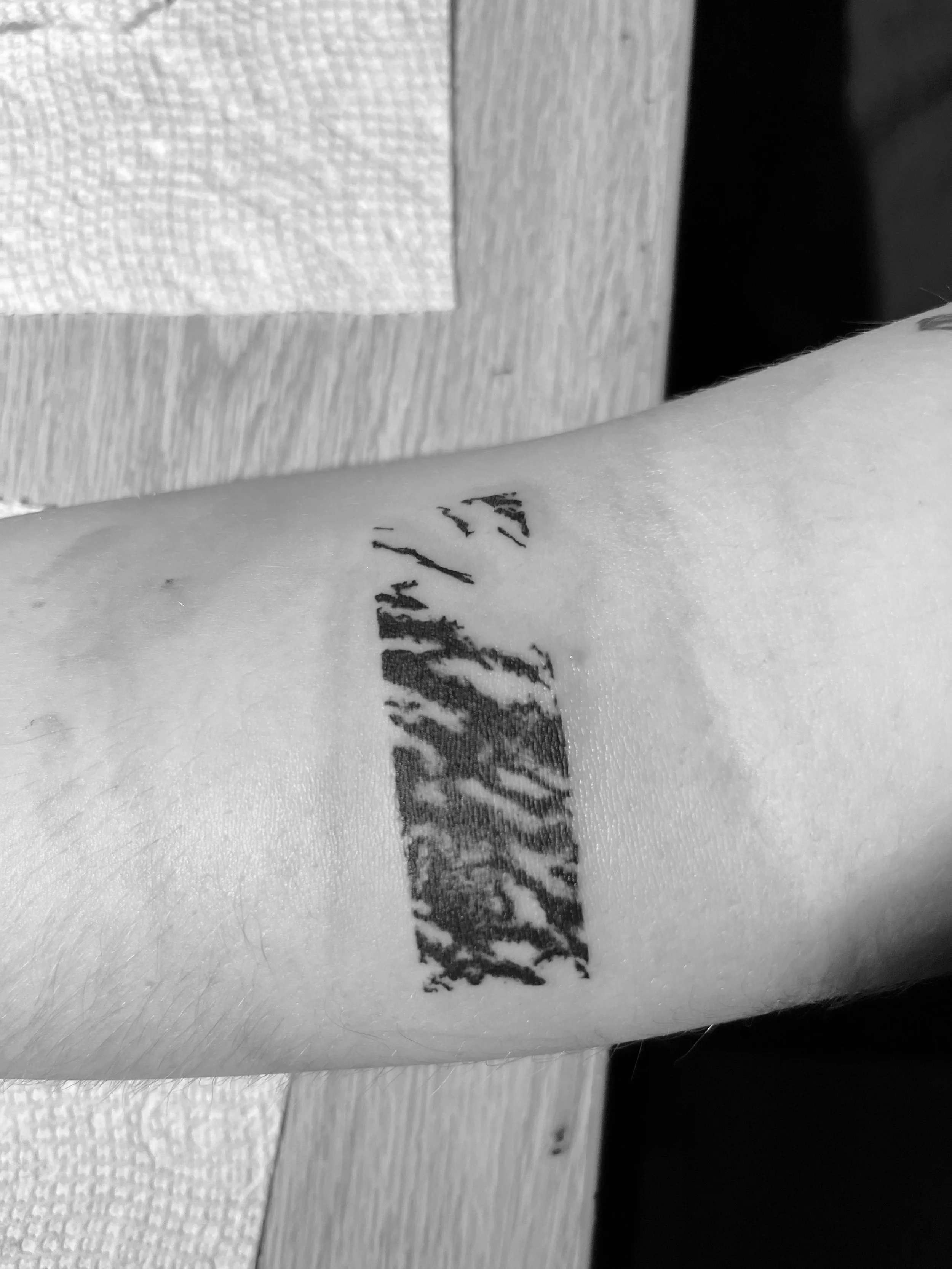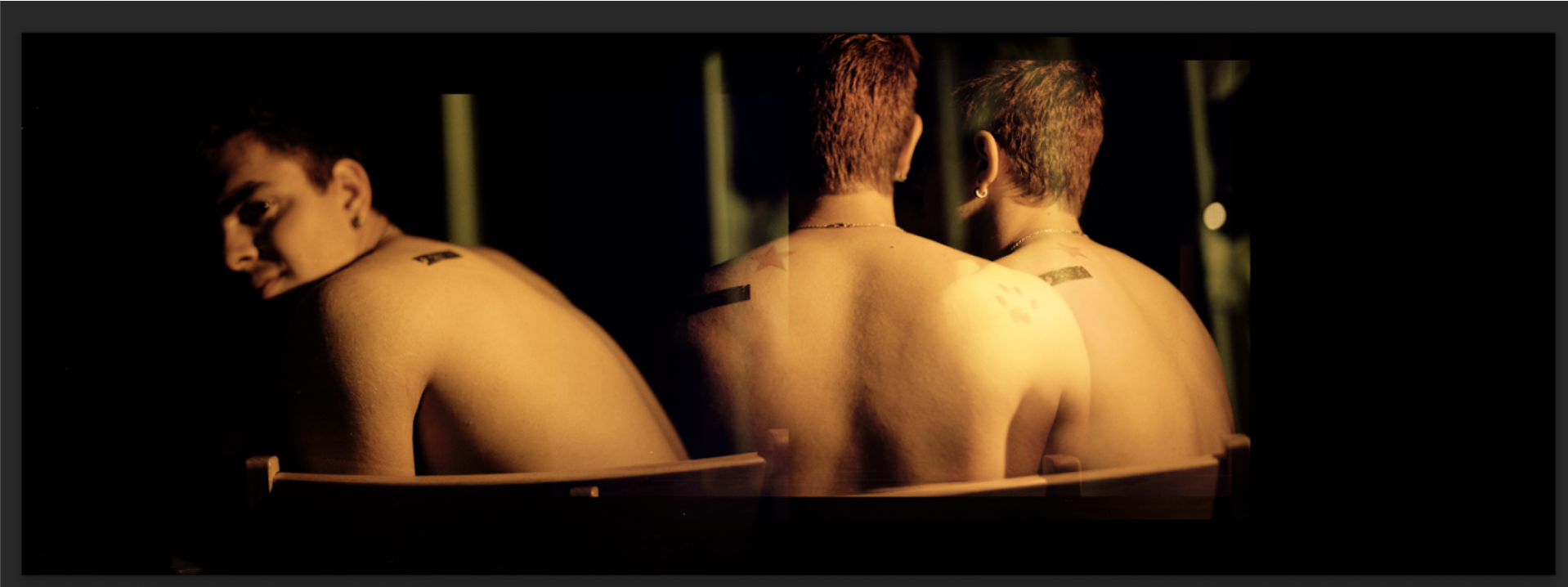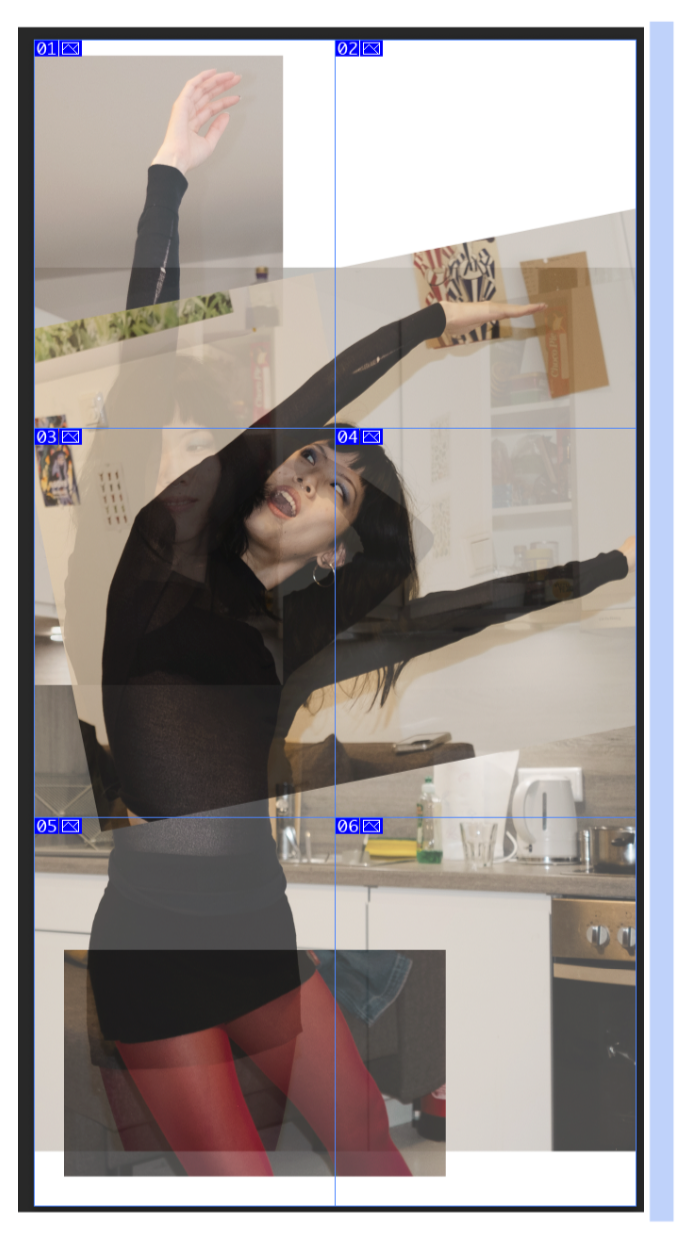I made the Art Thesis website, which you can check out here.
In The One Straw Revolution, a book about regenerative farming, the Japanese farmer-philosopher Masanobu Fukuoka differentiates between discriminating and non-discriminating knowledge as two different ways to perceive the natural world. Discriminating knowledge refers to the analytical, scientific, and rational approach to understanding the world and relies on breaking things down in particular categories: a landscape is made up of a tree and a bird and grass and the sky, for example. As a biology major, I think in this way about half the time. For the other half, the Art half, I try to see in the way the Fukuoka does: he describes non-discriminating knowledge as knowledge that is gained through a fundamentally intuitive and experiential process with our surroundings. If we can deconstruct our knowledge and our sight, we are no longer able to draw so many boundaries. For my senior thesis in Art, I am exploring this idea through the abstract versus representational, the piece and the whole.
Art Thesis
B.A. 2025 Hamilton College
Winner of the Barney Moore Prize in Art, for one senior who excels in studio art.
I designed a landscape which I then broke into sections, like a scientist — however, each one is completely abstract and evades discriminate thinking. Each abstract piece is offered as a tattoo, and for around an hour or two, I am up close and intimate with a complete stranger. Each person becomes a part of a collaboration which, together, makes up a whole—a mountain landscape.
What I did: Research, drawing, painting, tattooing, 120mm photography, digital photography, LFP, silk organza printing, peeling, cutting, sewing…









process pics!




